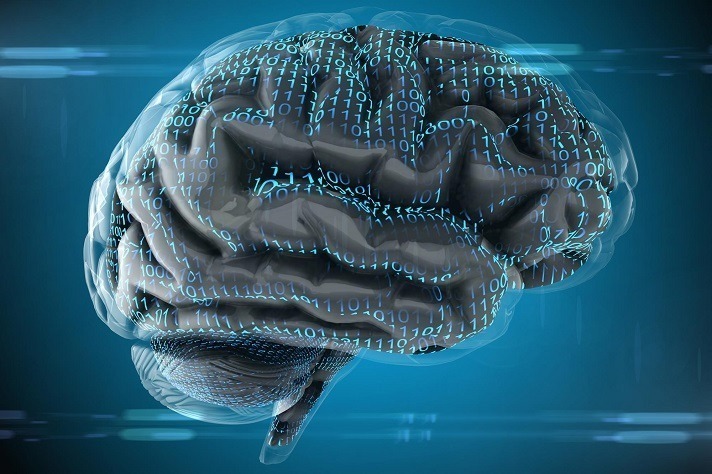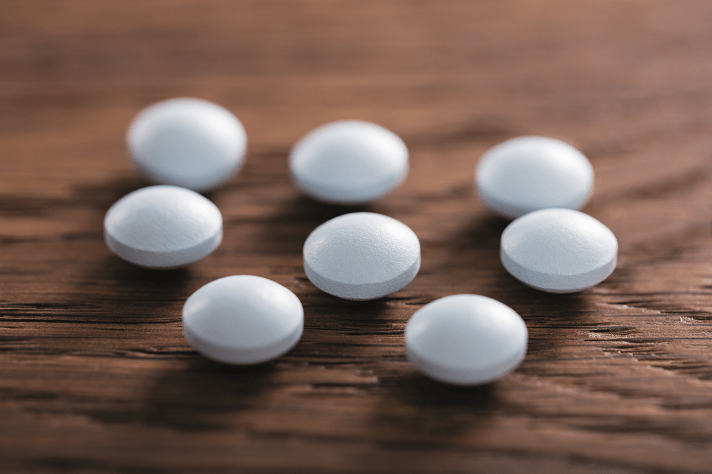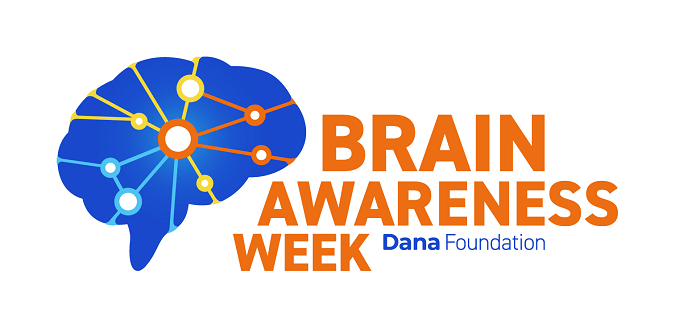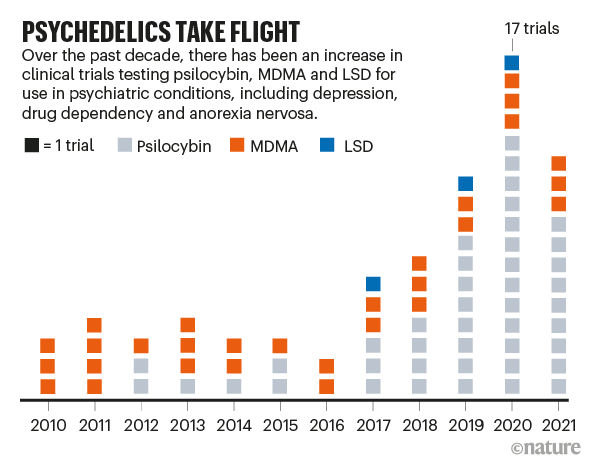Posts Tagged ‘Psychotherapy’
On physical activity, neuroplasticity, depression, screen time, neuromodulation and more
Welcome to a new edition of SharpBrains’ e‑newsletter, featuring this time eight scientific reports and industry resources plus a few fun brain teasers. #1. Study finds ultimate hack to protect teen brains from harmful screen time: Exercise (and good role-modeling): “Girls who spent less than an hour on screens and boys who spent less than…
Read MoreDr. Judith Beck on the future of cognitive therapy and psychotherapy
Dr. Awais Aftab: What do you think the future of psychotherapy is? What would you like it to be? Dr. Judith Beck: A number of years ago, a colleague asked my dad whether he expected cognitive therapy to eventually dominate the field of psychotherapy. He responded, “I hope good therapy eventually dominates the field of psychotherapy.…
Read MoreDebunking four myths about decision-making capacity to keep Britney Spears and others safe
Britney Spears’ impassioned remarks in court have raised many questions about conservatorships, including when they’re necessary and whether they effectively protect someone’s best interests. When one loses the capacity to make decisions for oneself the court appoints a guardian, or conservator, to make those decisions. Appointing someone to make decisions about personal and financial matters…
Read MoreStudy finds MDMA-assisted therapy to be safe and highly effective to treat severe PTSD
The First Phase 3 Success for Psychedelics Will Pave the Way for an Industry (Barron’s): Post-traumatic stress disorder is a crippling, hard-to-treat psychiatric affliction. America spends billions of dollars yearly just on the veterans who suffer from PTSD. So it’s heartening to see the report of a promising new treatment, published Monday in Nature Medicine.
Read MoreOn Brain Awareness Week, mental health innovation, tDCS, biofeedback, psychedelics, and more
Welcome to a new edition of SharpBrains’ e‑newsletter, starting with some ideas to get in the mood for Brain Awareness Week next month (March 15–21st). May BAW 2021 be a hundred times more upbeat than last year’s… #1. Seven brain teasers and a neuroplasticity podcast to celebrate Brain Awareness Week 2021 #2. Imagine what this capability…
Read MoreNext: Psychedelic-assisted psychotherapy?
How ecstasy and psilocybin are shaking up psychiatry (Nature): … The Imperial study was one of a spate of clinical trials launched over the past few years using illicit psychedelic drugs such as psilocybin, lysergic acid diethylamide (LSD) and MDMA (3,4‑methylenedioxymethamphetamine, also known as molly or ecstasy) to treat mental-health disorders, generally with the close…
Read More





